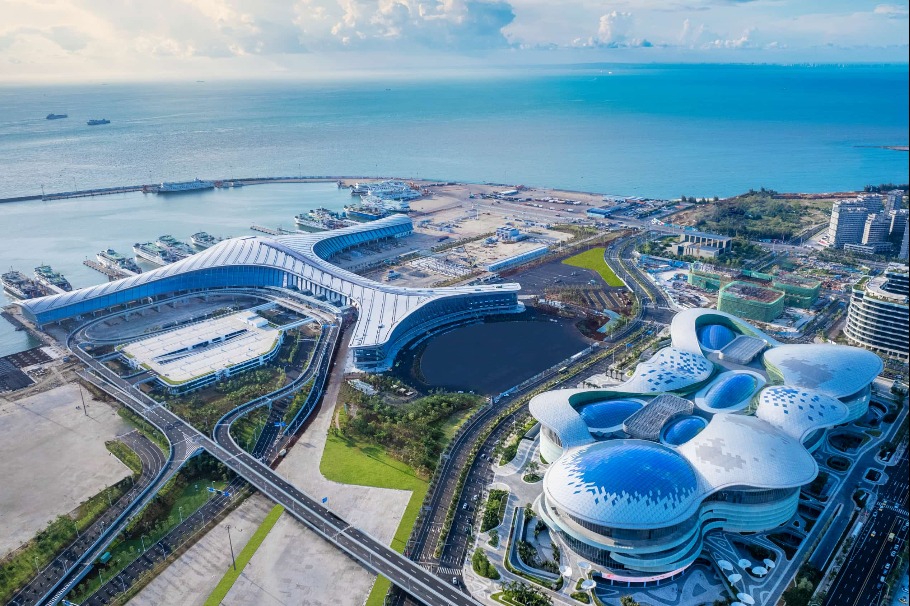Philippines' so-called laws complicate situation in South China Sea


The Philippines stirred up trouble again by enacting two domestic laws which gravely infringed upon China's territorial sovereignty and maritime rights and interests in the South China Sea, sparking strong condemnation and serious protests from Beijing.
The so-called "Philippine Maritime Zones Act" illegally includes China's Huangyan Dao, most of the islands and reefs of China's Nansha Qundao, and their relevant waters into the Philippines' maritime zones. Various parts of the "Philippine Archipelagic Sea Lanes Act" are incompatible with international law and resolutions of the International Maritime Organization.
The Philippines is becoming increasingly more of a rentier and exploiter of international law under the guise of aligning with it and a major troublemaker and disrupter of regional peace, stability and prosperity.
Citing the illegal award of the South China Sea arbitration as a basis for the law, Manila's latest move is simply compounding its mistake to legitimatize its own illicit maritime claims at the risk of dramatically escalating tension in the region. The so-called arbitral award on the South China Sea is illegal, null and void. The Arbitral Tribunal handled the case ultra vires and rendered the award in distortion of law; hence, the award violates international law, including the United Nations Convention on the Law of the Sea (UNCLOS).
The whole process of the arbitration is utterly a political farce. China has neither accepted nor participated in the arbitration, nor does China accept or recognize the so-called award. The Philippines' so-called laws attempt to enshrine the illegal award of the South China Sea arbitration in the form of domestic legislation. China will never accept any claim or action based on the award.
In essence, the laws are nothing legislative but political maneuvers by the Philippine side to achieve its expansionist goals and serve the geopolitical interests of some external countries. Manila's reckless move deliberately breaches the Declaration on the Conduct of Parties (DOC) in the South China Sea.
The negative impact of the laws is evident and may be long-term. It is destructive to bilateral relations and regional peace. If Manila takes any action based on the two laws, it would mean a heightened occurrence of confrontational incidents. Adopting the laws means escalating the South China Sea disputes, squeezing the room for resolving disputes through dialogue and consultation between the two countries.
China's territorial sovereignty and maritime rights and interests in the South China Sea are solidly grounded in history and the law, comply with international law, including the UNCLOS, and shall by no means be affected by Manila's enactment of the laws.
China is committed to properly handling maritime issues with the Philippines through dialogue and consultation. Yet the Philippine tactic of crying up wine and selling vinegar to distort maritime laws and infringe on the sovereignty of others must be rejected. In previous talks, the Philippines ostensibly agreed to keep the maritime situation and the overall bilateral relationship stable in joint efforts with China. Still, the enactment of the laws indicated it did things in the opposite direction.
Deliberate infringements and unwarranted provocation against China will result in the initiator shooting itself in the foot. China will take justified actions and legitimate countermeasures to safeguard its rights.


































